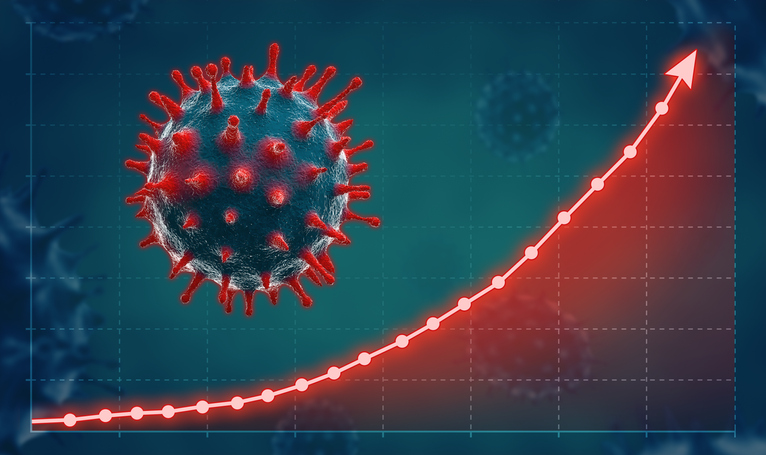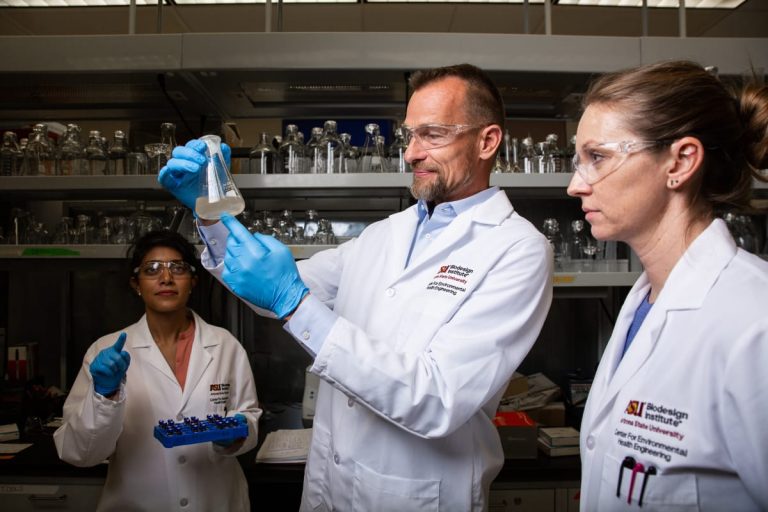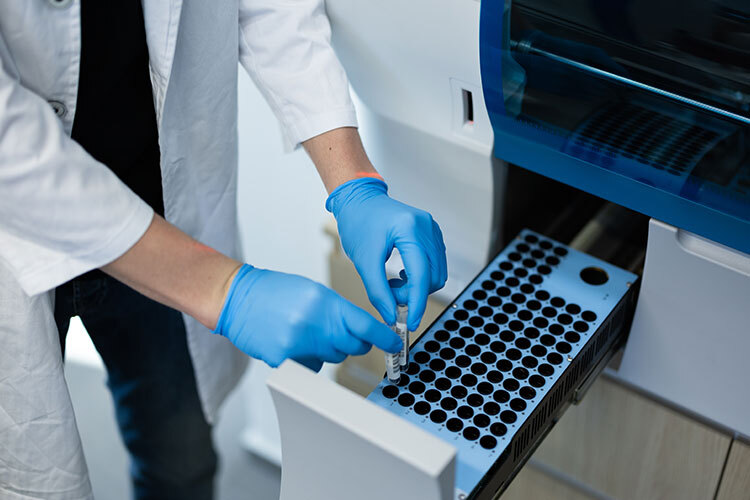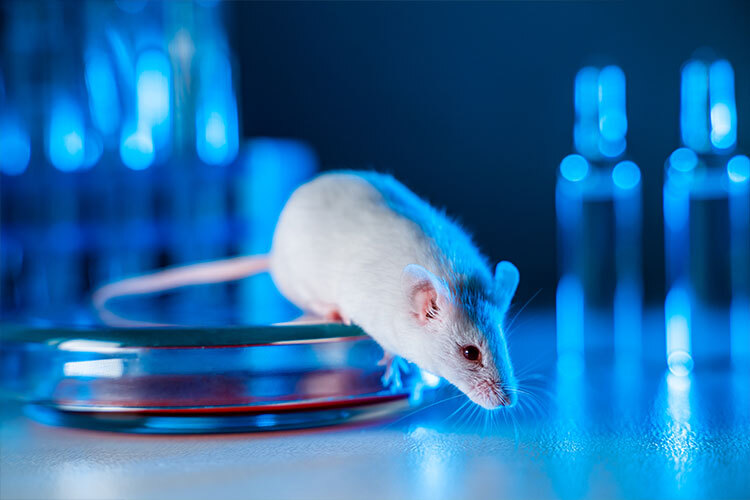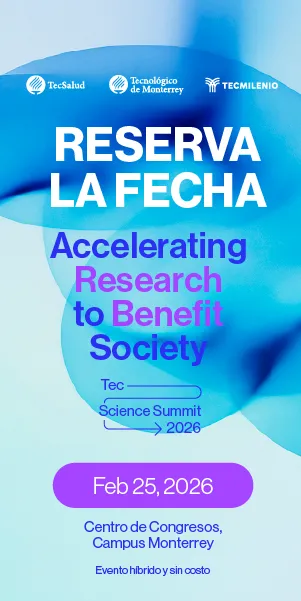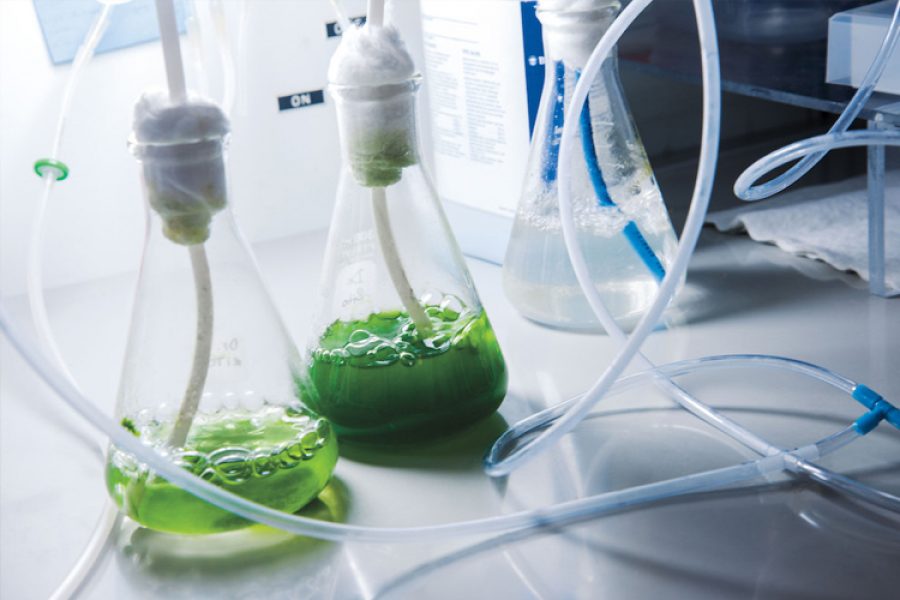A team of researchers in Mexico aimed to detect COVID-19 in wastewater to minimize the risk of contagion, but why stop there? Today they are working on detecting non-infectious diseases such as Alzheimer’s disease.
Arnoldo Armenta and Alberto Aguayo, researchers from the Tecnológico de Monterrey’s MARTEC Wastewater Monitoring Laboratory, led by Roberto Parra Saldivar, participated in the study “Urine Biomarkers for Alzheimer’s Disease: A New Opportunity for Wastewater-Based Epidemiology?”. This study analyzes different strategies on how to detect this neurodegenerative disease in wastewater in a massive way.
Currently, traditional detection methods for the disease are both expensive and invasive, requiring tests such as blood tests and, sometimes, several visits to the doctor.
The purpose of the research is to detect urine biomarkers related to the presence of Alzheimer’s disease by analyzing wastewater. This could even estimate the incidence and identify risk factors within populations and provide more data for better management of resources and preventive efforts.
Biomarkers that May Assist in Alzheimer’s Detection
A critical feature of the research was finding specific biomarkers in wastewater, notably water produced by human activities in homes, enterprises, hospitals, and other facilities.
The scientists uncovered proteins associated with the condition, such as beta-amyloid fragments and neurofibrillary proteins, that disrupt brain cell activity and communication.
While these alone do not necessarily indicate the existence of Alzheimer’s, when paired with others, they can provide a more accurate indication of the disease’s presence, even before severe symptoms appear, such as difficulty remembering recent events or trouble concentrating.
“There is still no star biomarker that indicates that, when present in high concentrations, we will have a population more prone to Alzheimer’s or other neurodegenerative diseases,” Alberto Aguayo stated in a press release.
The study was part of an endeavor to identify the SARS-CoV-2 virus in wastewater from buildings at the Tecnológico de Monterrey’s multiple campuses in Mexico to prevent infectious outbreaks.
This practice spread globally, prompting scientists to investigate the possibilities of identifying non-infectious disorders by looking for biomarkers for hypertension and other sorts of heart problems.
Institutions such as Arizona State University have researched on identifying biomarkers in wastewater, similar to the Tec de Monterrey.
Wastewater-based Epidemiology Represents a Great Opportunity
The analysis of biomarkers in wastewater is becoming more commonly studied in the world. There are also similar research groups at Tec de Monterrey itself, such as the one led by Eduardo Sosa, who is looking into the prevalence of antidepressants in water and their influence on marine ecosystems.
Arnoldo Armenta, explains that unlike a virus, where only its presence had to be detected, diseases such as Alzheimer’s require the examination of a complete panel to avoid false positives or negatives.
Other ethical problems include data protection and the right management of obtained information.
“Our primary objective is to develop a monitoring model that would provide decision-makers with a wide range of information to help them anticipate many avoidable illnesses. We plan to develop this system and collaborate with the health sector to give tools that allow them to act as properly and ethically as possible,” Aguayo said.


